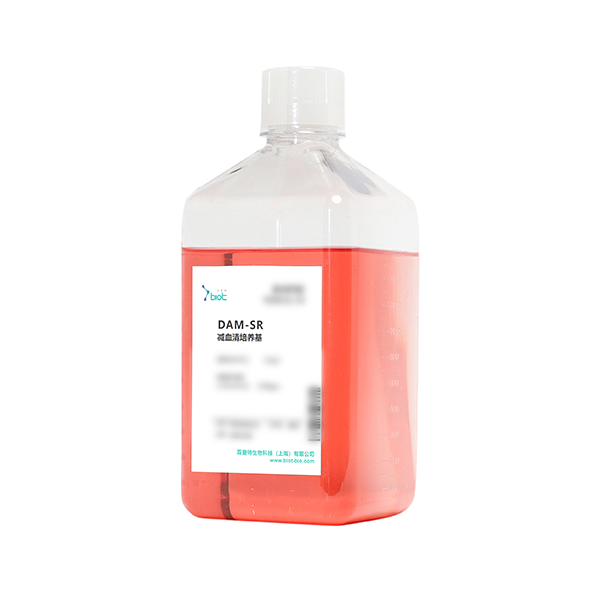In the field of vaccine development and biological drug production, the use of human diploid cells such as MRC-5 and WI-38 remains a gold standard for ensuring viral safety and consistency. However, traditional serum-containing media pose challenges in terms of variability, contamination risk, and regulatory complexity. This is where diploid serum-reduced media come into play. Engineered to provide the essential nutrients and growth factors with significantly lower levels of serum, these advanced formulations are becoming essential tools for modern biopharmaceutical manufacturing.
Biot Biotechnology, a company committed to driving innovation in cell culture, specializes in developing serum-free and serum-reduced media tailored for Vero and diploid cell platforms. With a strong focus on process optimization, customized media development, and end-to-end solutions, Biot supports vaccine manufacturers with the tools they need for safer, more efficient production.

Here are the top five benefits of using diploid serum-reduced medium for human diploid cells:
1. Enhanced Consistency and Batch-to-Batch Reproducibility
Traditional serum-containing media suffer from lot-to-lot variability, which can affect cell growth and viral yield. Serum-reduced media minimize this issue by using defined or semi-defined components. This results in consistent performance across different batches, streamlining quality control processes and ensuring predictable outcomes in large-scale production.
2. Lower Risk of Contamination and Improved Safety Profile
Serum is often derived from animal sources and can carry viruses, mycoplasma, or prions, posing a significant biosafety concern. By reducing serum content, diploid serum-reduced media lower the risk of introducing adventitious agents. This is especially important in the vaccine industry, where regulatory agencies demand stringent controls on raw material safety.
3. Improved Cell Growth and Virus Productivity
Optimized serum-reduced formulations are specifically designed to support the metabolic needs of diploid cells, promoting robust growth and viral replication. Through advanced nutrient balancing and growth factor supplementation, manufacturers can often achieve equal or superior performance compared to traditional serum-containing media—especially when tailored to specific virus or cell line combinations.
4. Regulatory Compliance and Simplified Documentation
Using serum-reduced media aligns with global regulatory expectations for safer biologics manufacturing. Since serum-free or low-serum systems reduce dependence on undefined animal-derived components, they facilitate easier documentation for cGMP compliance and can accelerate the approval process for new vaccine or biotherapeutic products.
5. Customizable for Specific Production Needs
Every vaccine production process is unique. Biot Biotechnology offers customized media development tailored to the needs of specific human diploid cell lines and target viruses. Whether optimizing for yield, scalability, or media stability, Biot’s expert team works closely with clients to design and supply formulations that fit seamlessly into existing workflows.
Conclusion
As the global demand for safe, scalable, and cost-effective vaccines grows, manufacturers are turning to smarter media strategies. Diploid serum-reduced media represent a key innovation in this space—improving safety, consistency, and regulatory readiness while supporting high cell viability and viral productivity.
Biot Biotechnology continues to lead the way by offering not only high-performance serum-reduced media, but also one-stop solutions that span from cell culture to process development. For companies seeking to optimize their diploid cell-based manufacturing platforms, Biot offers the expertise and products to turn vision into value.
www.biotbio.com
Baiaote Biotechnology (Shanghai) Co., Ltd.